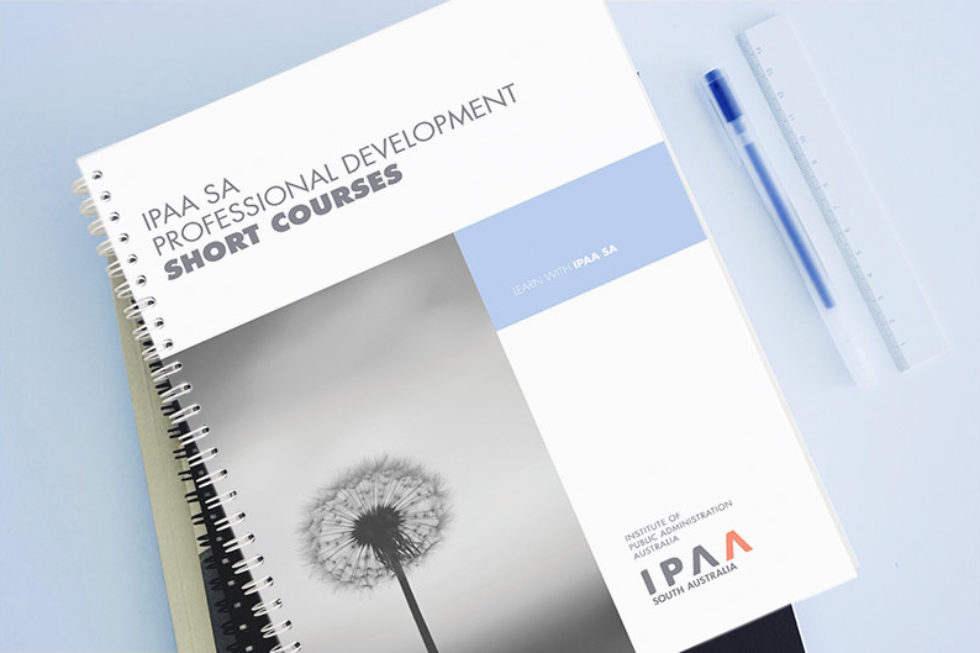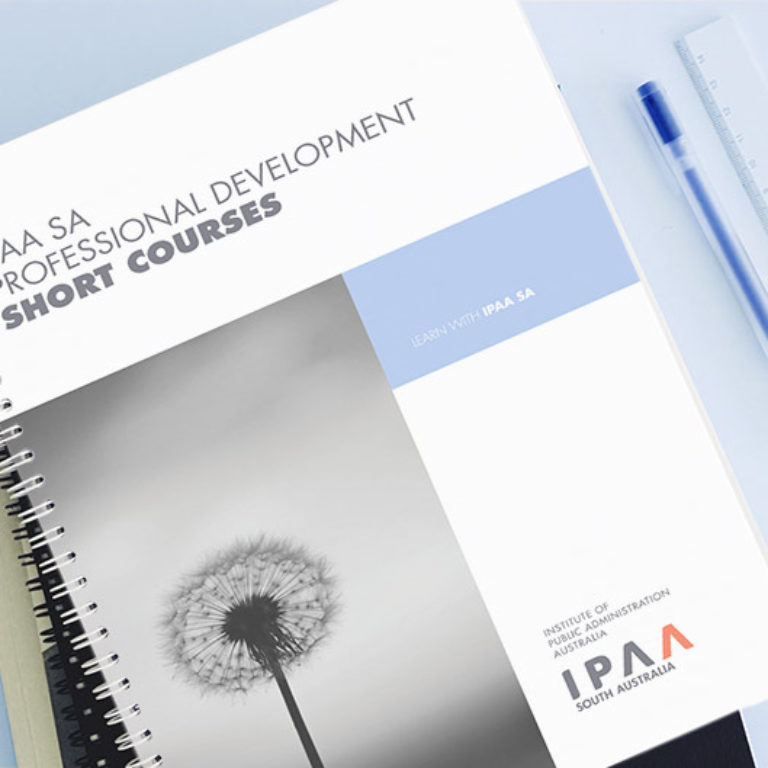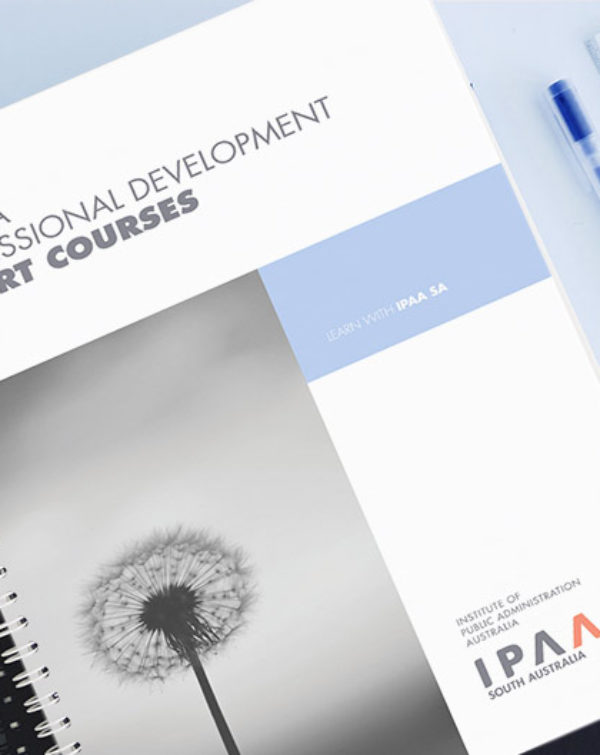This intensive course teaches participants to transform, model, and analyse complex datasets using Excel’s most powerful features: Power Query, Power Pivot, DAX, Dynamic Array formulas, and advanced visualisation techniques. By the conclusion, you will be able to perform robust data consolidation, complex scenario planning, and create professional, flexible reports and dashboards that drive strategic business decisions.




















